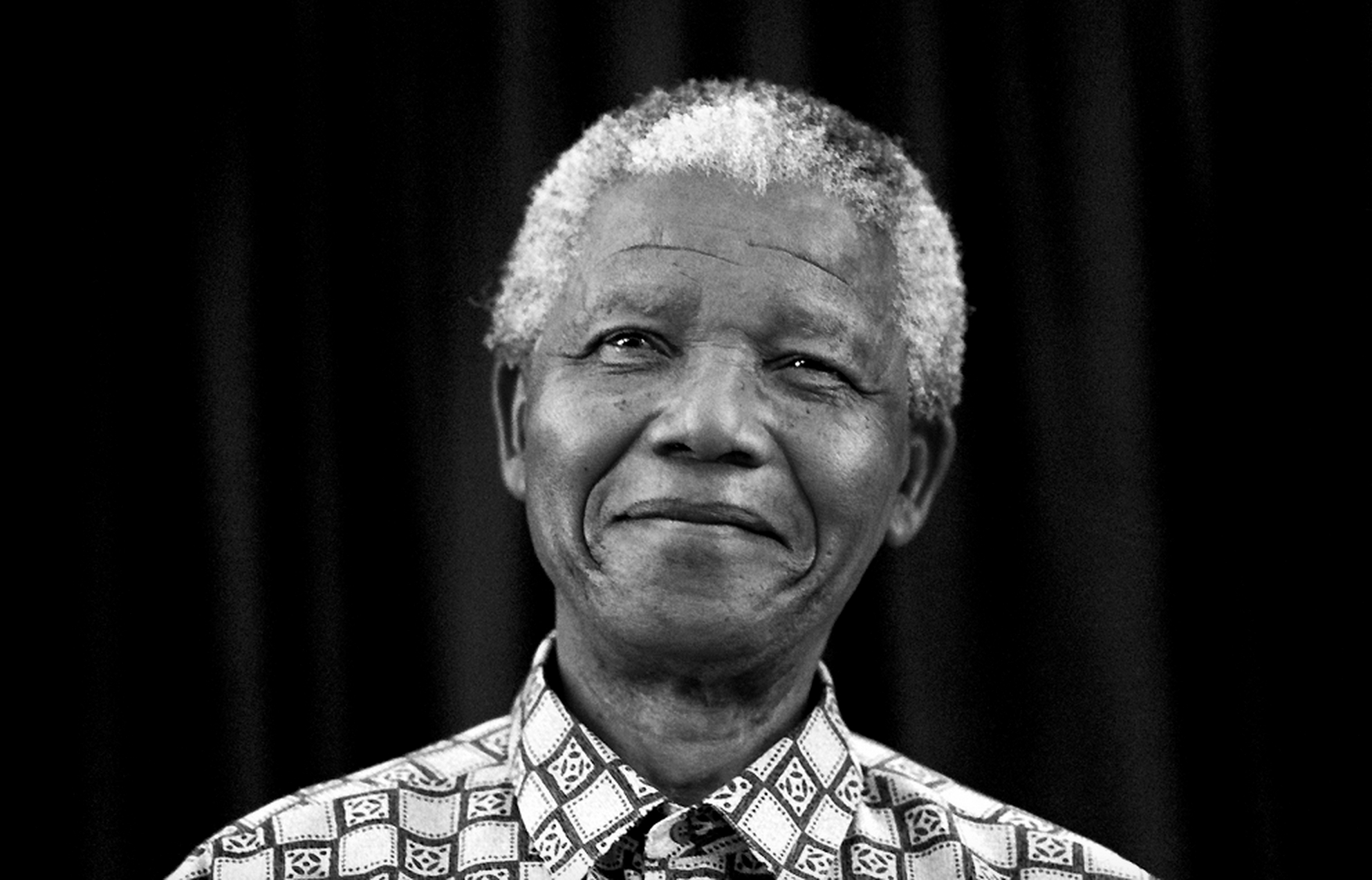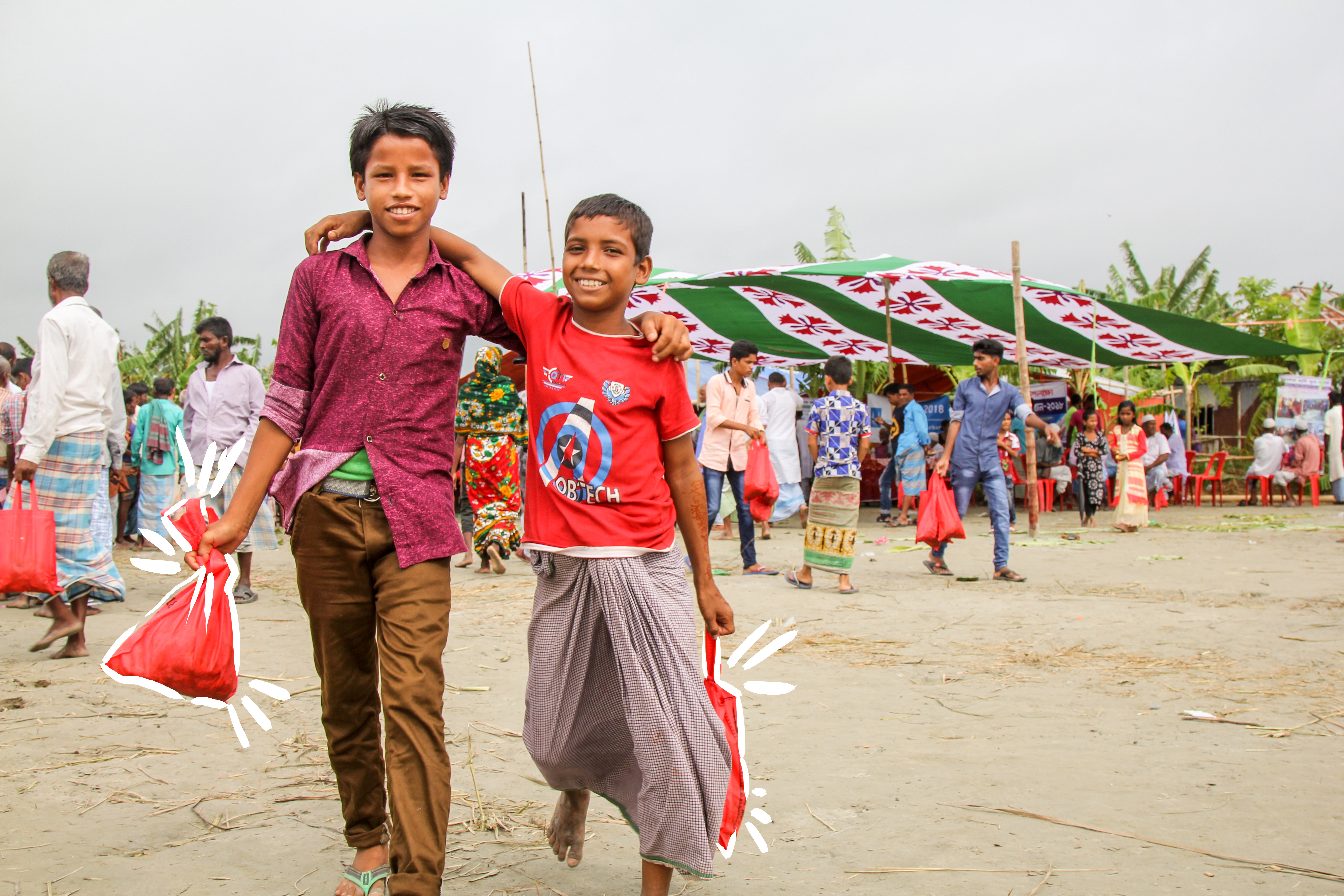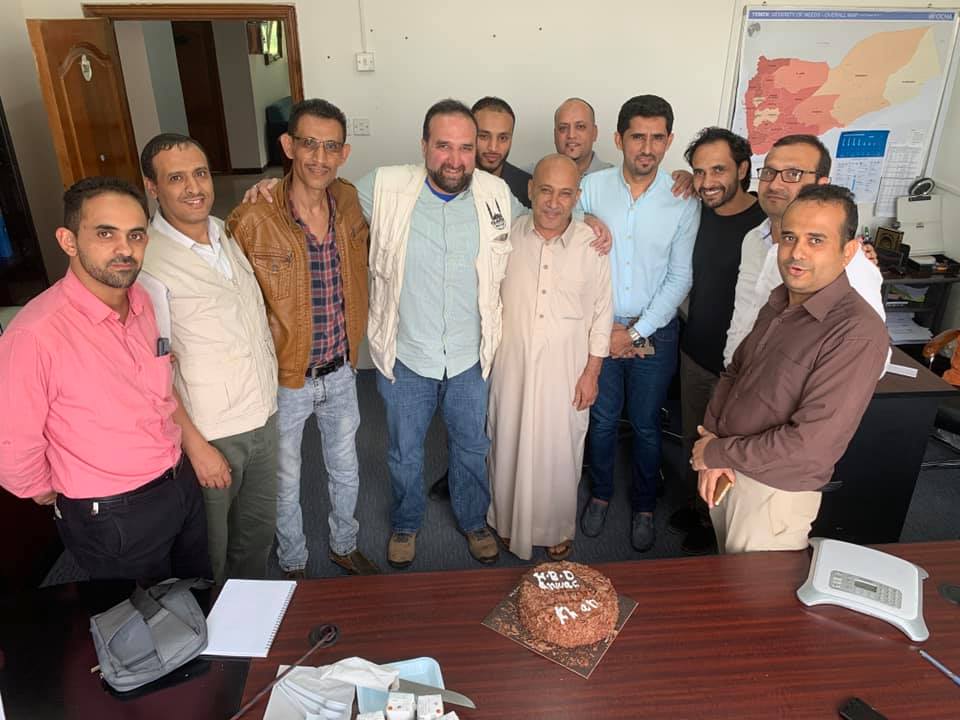When I Pulled A Baby From A Sinking Raft in Greece
Abdullah Shawky is an Islamic Relief USA Disaster Response Team Member. He writes from the shores of Lesvos, Greece, where responders try to rescue as many refugees from ocean waters as possible—not all make it. Here is his heart-wrenching story:
You don’t have to watch children die at sea, you just have to do something right now.

Salam All,
It is with a heavy heart that I write the following from Greece. Last night was by far the most terrible moment here on the Island. I say terrible because although we’ve rescued many, we lost one who couldn’t even speak.
It began as a light day, as there has been a blockade for the past few days that has prevented boats from arriving during the day. We’ve spent this time clearing out the backlog of refugees in camps. But people were still attempting the dangerous journey across the sea—they just were doing it at night.
At night, the sea is a pitch black, the winds pick up speed, and the water gets more violent, and it gets very cold. Last night, while we were sitting down in the harbor area to eat a small meal, we saw some of our partner volunteers suddenly frantic.
We learned that a Coast Guard boat has picked up 50+ refugees from a sinking boat a ways out in the sea, and they were in route with a child who was not breathing and in need critical medical attention.
We quickly scrambled to get some emergency blankets ready on t
he coast.
When the boat arrived, it was sheer pandemonium. The coast guard personnel on the shore were yelling at people to step back, the coast guards on the boat were yelling at everyone to remain calm, and the refugees on the boat were yelling for help.
It took a solid 45 seconds before we could get the baby off the boat because of the confusion. I grabbed the baby and handed him to the doctor who was on standby and they immediately began CPR. I then asked for the children to be taken off the boat first, but in the chaos people were scrambling to get off the boat, with no regard as to who was in their way. Everyone wanted to get on land.
Once the boat cleared, I noticed there was a young man who was having great difficulty breathing, lying on the deck of the boat. He was gasping for air and his eyes were rolling into the back of his head. I jumped aboard and checked for a pulse, and he’s got one.
We quickly leaned him on his side and we began to try and get the water out of his lungs. Slowly but surely, we’re able to get him a bit more stabilized and he begins to come back from the brink of death. Meanwhile CPR is still being done on shore, and I notice Vasilis, one of our friends from the coast guard, crying. He and his team tried valiantly to help this poor child, but they are not equipped for this type of situation.
I got off the boat to help take the young man off, and I looked at the little baby, as blue as the Islamic Relief shirts we were wearing. I knew there was no coming back. An ambulance arrived and rushed the baby to the nearest medical center (I can’t really call it a hospital) about 25 minutes away … The baby was declared dead upon arrival.
The mother had been taken by two staff members in their vehicle and was behind the ambulance. They arrived at the hospital and had to break the news to the mother: Her 1-year-old baby had died trying to make it to a better life.
This was by far the saddest moment of our deployment yet. Unfortunately we are expecting these types of situations in increase as the blockade continues during the day, and more and more people attempt the trip at night—the weather is getting worse day by day.
Two days ago, I drove to Mytilini with my colleagues to attend the janazah and burial of little baby Omar, the 11-month-old who died in the harbor. Seeing his young mother, Nadeel, collapse to the floor at the sight of her baby’s body brought into the graveyard is something I don’t wish upon anyone.
The most disturbing thing was the lack of space in the graveyard in Mytilini. There is small corner in the back of the graveyard that has been set-aside for new refugees who perish, but when graves are being dug up, the dirt already contains bones.
There is simply is no room to bury the dead. Baby Omar also shares a grave with an unknown person who was buried in that same place. There were bones in the dirt we were filling his grave with.
This was one of the toughest times for us here, both emotionally and spiritually, thus far.
The number of boats is starting to increase, and the desperation of the smugglers is now showing as they try and beat the incoming winter weather and seas. We are now seeing a steady rise in wooden boats that are packed with 150-250 people at a time. These boats, we are told, are even more dangerous.
La Hawla Wala Quwata Illah Billah.
There is no change from one condition to another, nor power to do so, except by Allah’s help. May Allah (swt) help us all.
-Abdullah Shawky
Refugees are desperate, and babies are dying. You don’t have to let this happen. Click here to do something now.



